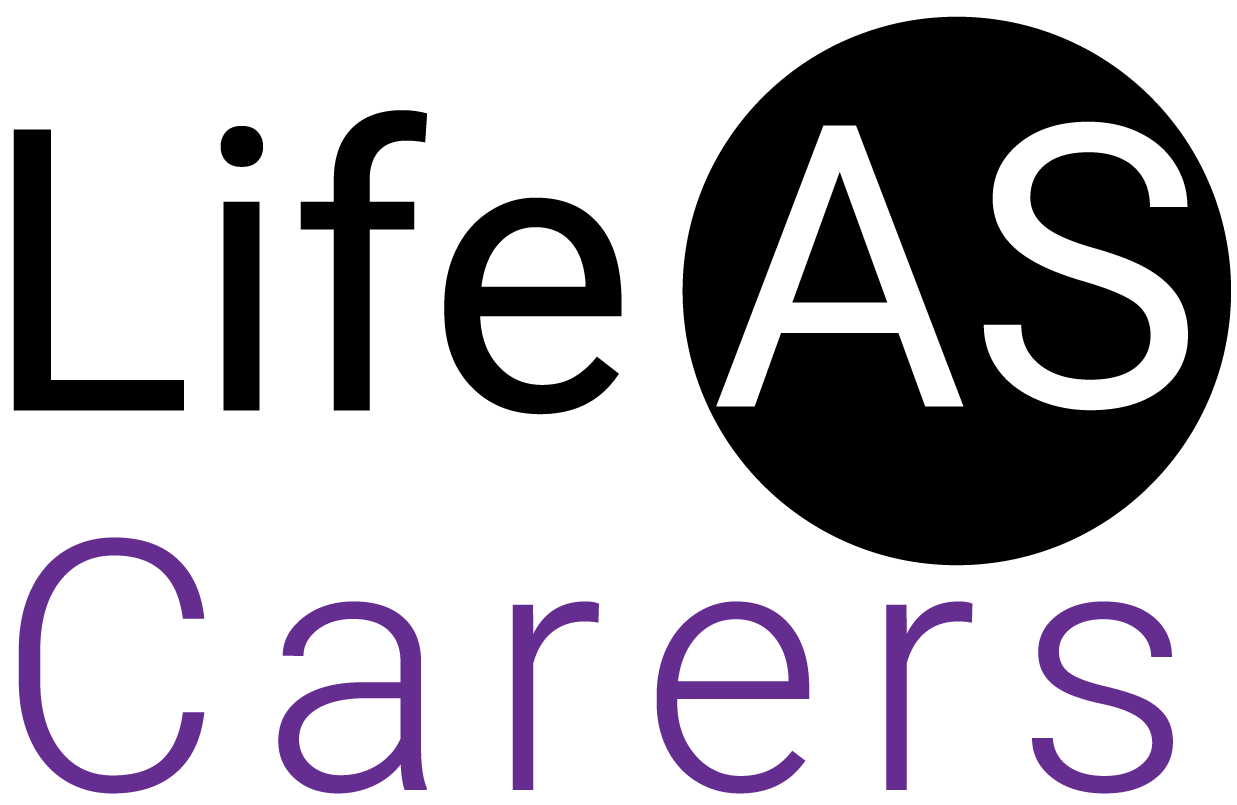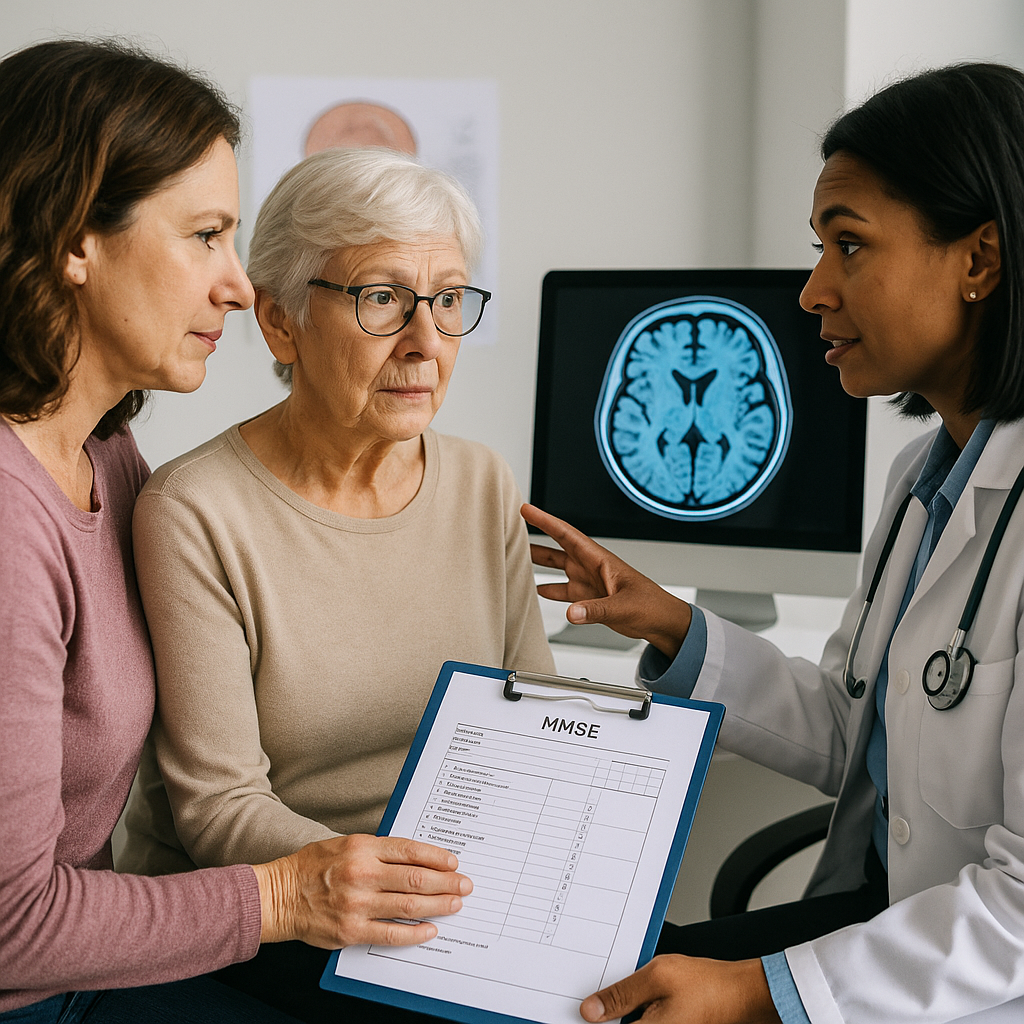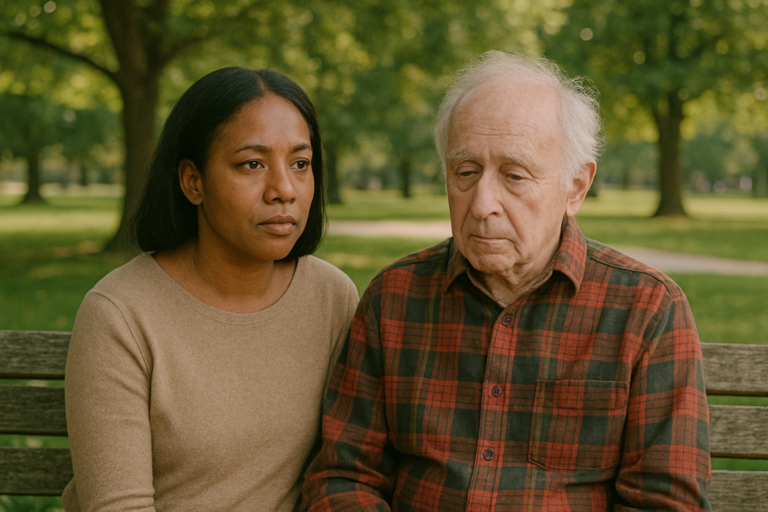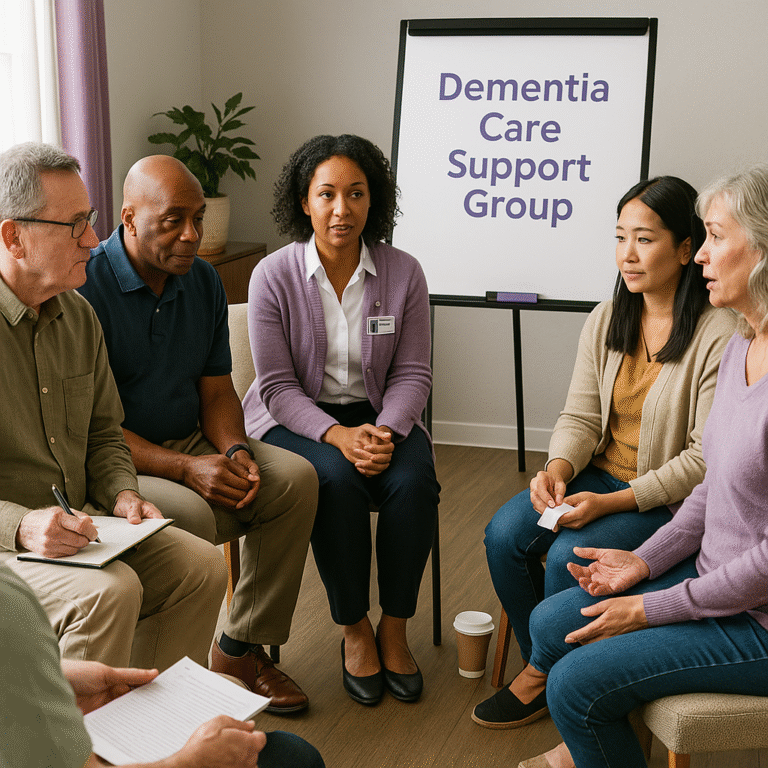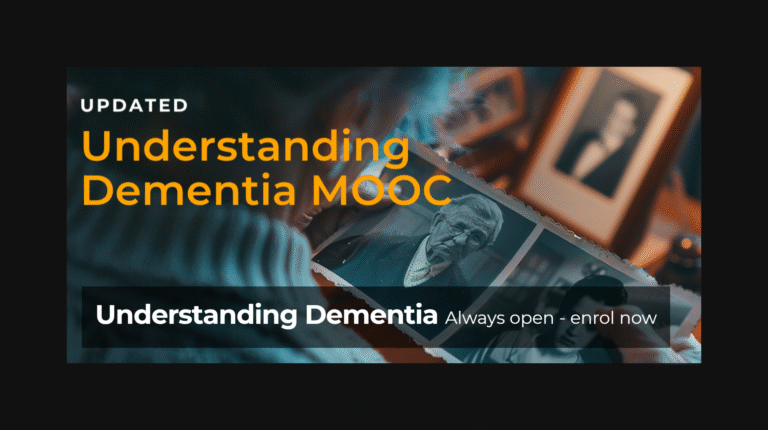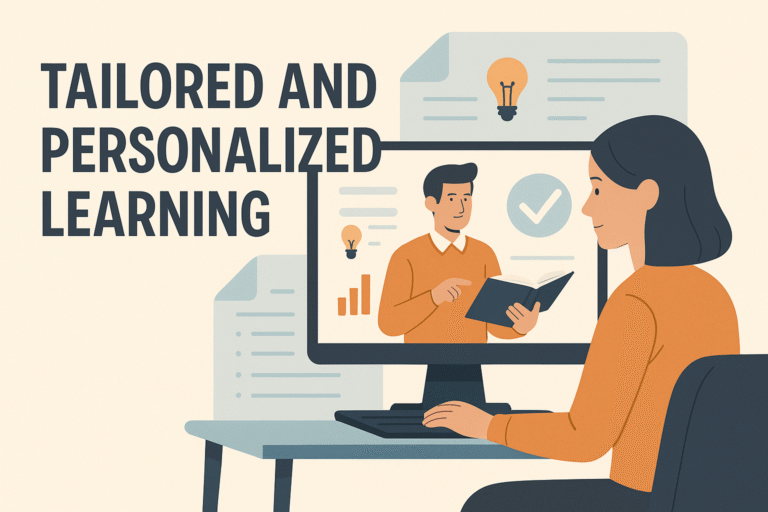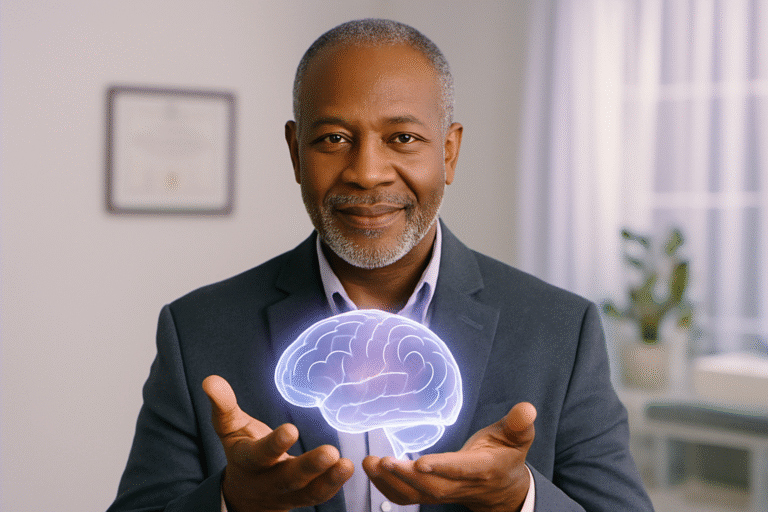Obtaining a Diagnosis – Part 1
This week, in my series on insights from my doctoral research, which focused on personalizing learning for care partners of people living with dementia, I’m highlighting the importance of obtaining a diagnosis.
For families facing Alzheimer’s disease and related dementias (ADRD), obtaining a diagnosis can be an emotional and often overwhelming experience. However, research consistently shows that a timely diagnosis is more than just a label; it is the first step toward education, planning, and treatment. A diagnosis empowers both individuals living with dementia and their care partners by providing clarity, access to resources, and opportunities for early interventions.
🔹 Education Begins with Awareness
Studies highlight that without a formal diagnosis, families often struggle to understand the symptoms their loved one is experiencing. Misattributing memory loss or behavioral changes to normal aging can delay access to necessary care and support. A diagnosis allows families to learn about the disease process, anticipate challenges, and develop effective coping strategies.
🔹 Treatment and Care Planning Can Begin
Although there is currently no cure for ADRD, early intervention can make a significant difference. Pharmacological treatments, cognitive therapies, and lifestyle interventions may help slow progression, manage symptoms, and. maximize independence for as long as possible.
🔹 Empowering the Person Living with Dementia
Receiving a diagnosis early allows individuals to participate in decision-making while they still have the cognitive ability to do so. This includes legal and financial planning, healthcare preferences, and discussions about long-term care.
🔹 Reducing Family Stress and Uncertainty
For family members, a diagnosis offers validation for the concerns they may have had for months or even years. It shifts the focus from uncertainty to action, enabling them to seek educational resources, caregiving strategies, and emotional support. Studies show that families who receive a clear diagnosis experience lower stress levels and greater confidence in navigating the caregiving journey.
💡 What Can We Do to Promote Early Diagnosis?
– Encourage routine cognitive screenings, particularly for those at risk.
– Reduce stigma around Alzheimer’s disease and dementia to promote earlier discussions.
– Educate families on the early warning signs and the benefits of seeking medical evaluation.
A diagnosis is not the end of the road; it’s the beginning of an informed and proactive approach to navigating life with dementia. The sooner families have answers, the sooner they can take steps to support their loved ones with the dignity and care they deserve.
References:
https://academic.oup.com/gerontologist/article/58/suppl_1/S58/4816739
https://www.jmir.org/2015/10/e241
https://www.sciencedirect.com/science/article/pii/S1568163709000646
Medical disclaimer: This article is for educational purposes only. It is not medical advice and does not replace care from your clinician. If you have a medical concern, contact your healthcare professional. If this is an emergency, call 911 (or your local emergency number).
